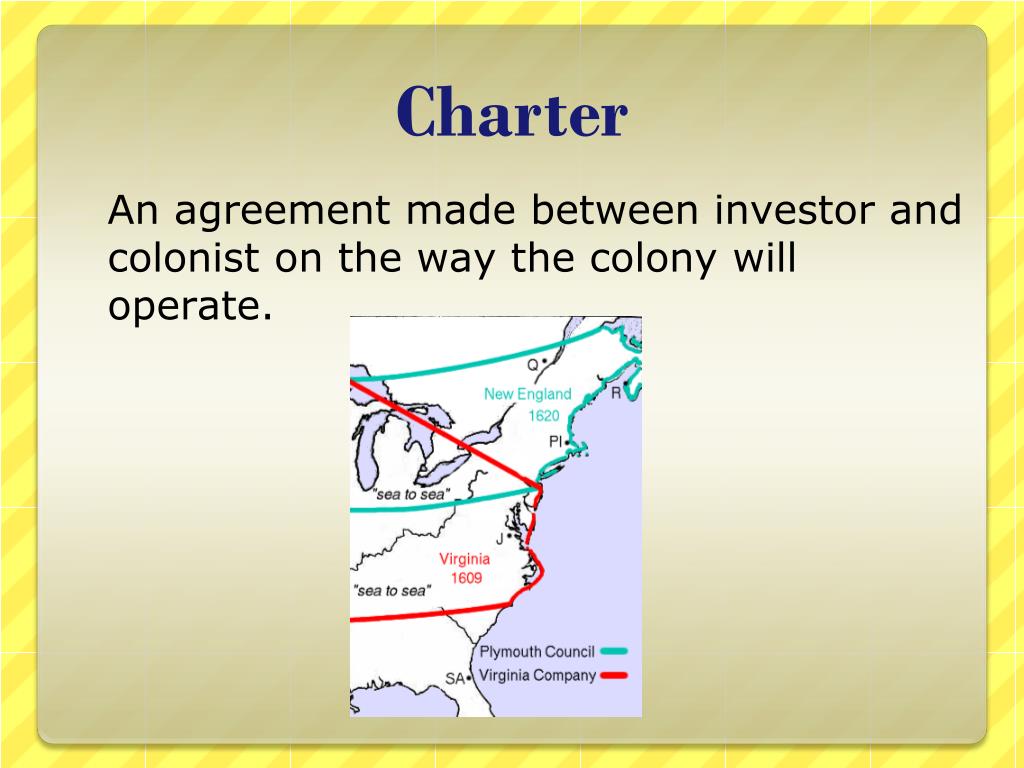The Constitution Colony: A Basis of American Self-Governance
Associated Articles: The Constitution Colony: A Basis of American Self-Governance
Introduction
On this auspicious event, we’re delighted to delve into the intriguing subject associated to The Constitution Colony: A Basis of American Self-Governance. Let’s weave attention-grabbing data and supply recent views to the readers.
Desk of Content material
The Constitution Colony: A Basis of American Self-Governance

The 13 colonies that ultimately fashioned america of America weren’t all created equal. Whereas some have been established as royal colonies, immediately underneath the management of the British crown, others loved a larger diploma of autonomy as proprietary colonies, ruled by people granted huge tracts of land by the monarch. A 3rd kind, the constitution colony, occupied a novel house on this spectrum, representing an enchanting experiment in self-governance that profoundly formed the event of American political thought and establishments. Understanding the constitution colony is essential to comprehending the advanced origins of American democracy.
Constitution colonies have been established underneath a royal constitution, a authorized doc granted by the British monarch that outlined the colony’s governing construction and rights. In contrast to royal colonies the place the governor was appointed immediately by the king and held important energy, constitution colonies loved a larger diploma of self-government, with their affairs largely managed by their very own elected assemblies. This basic distinction in governance fostered distinct political cultures and laid the groundwork for future conflicts with the crown.
The important thing characteristic distinguishing constitution colonies was the intensive self-governance granted underneath their charters. These charters sometimes detailed the colony’s boundaries, its objective, and the rights and obligations of its inhabitants. Crucially, they typically established a consultant meeting, elected by the colonists themselves, which held legislative energy over inner affairs. This meeting may cross legal guidelines, levy taxes, and handle the colony’s funds, topic to sure limitations specified within the constitution and finally answerable to the Crown. This technique, whereas not absolutely democratic by trendy requirements, represented a major step in the direction of self-determination in comparison with the extra immediately managed royal colonies.
Two of essentially the most distinguished examples of constitution colonies, Massachusetts Bay and Connecticut, supply illuminating case research of this distinctive type of colonial governance. Their experiences spotlight each the successes and challenges inherent on this mannequin.
Massachusetts Bay Colony: A Crucible of Puritan Self-Governance
The Massachusetts Bay Colony, based in 1630 by Puritan separatists in search of spiritual freedom, gives a compelling illustration of the constitution colony mannequin. Their constitution, granted by King Charles I, was exceptionally broad, granting them important autonomy in governing their affairs. This broad grant, nonetheless, was not with out its limitations. The constitution stipulated that the colony stay loyal to the English crown and cling to English legislation. Nonetheless, the space between England and the colony, mixed with the constitution’s ambiguity in sure areas, allowed the Puritans important leeway in shaping their society.
The Massachusetts Bay Colony’s authorities was centered across the Common Courtroom, a legislative meeting composed of freemen – grownup male church members who met the colony’s property necessities. This physique held appreciable energy, enacting legal guidelines, levying taxes, and electing the colony’s governor and different officers. Whereas not absolutely democratic, this technique represented a major departure from the hierarchical buildings of royal governance. The emphasis on spiritual participation in governance, nonetheless, additionally led to exclusionary practices, denying political rights to non-Puritans. This inner pressure, alongside rising friction with the crown over points of non secular freedom and colonial autonomy, ultimately led to the revocation of the colony’s constitution in 1684.
Connecticut Colony: A Mix of Custom and Innovation
The Connecticut Colony, established in 1636, presents a barely totally different image of constitution colony governance. Its preliminary constitution, granted in 1662 by Charles II, was primarily based on the Elementary Orders of Connecticut, a doc drafted in 1639 that established a consultant authorities even earlier than the royal constitution was issued. This displays a proactive strategy to self-governance, showcasing the colonists’ willpower to form their very own political future.
The Connecticut constitution, like that of Massachusetts Bay, granted important legislative energy to the Common Courtroom, an meeting composed of elected representatives from numerous cities. Nonetheless, not like Massachusetts, Connecticut had a much less strictly outlined spiritual requirement for participation in governance, making it barely extra inclusive. The constitution additionally granted the colony a larger diploma of autonomy in its inner affairs, contributing to a extra secure and fewer conflict-ridden relationship with the crown, at the least for a substantial interval. Connecticut’s success in sustaining a comparatively harmonious relationship with England highlights the significance of clear constitution phrases and efficient negotiation in guaranteeing the long-term viability of a constitution colony.
Challenges and Limitations of the Constitution Colony Mannequin
Regardless of the successes of Massachusetts Bay and Connecticut, the constitution colony mannequin was not with out its inherent challenges. The anomaly in some charters, meant to permit for flexibility, typically led to disputes between the colony and the crown over the interpretation of their rights and obligations. The growing assertion of royal authority within the seventeenth and 18th centuries, fueled by mercantilist insurance policies and a want for larger management over colonial assets, additional strained the connection between the crown and the constitution colonies.
One other important limitation stemmed from the customarily restrictive nature of the franchise. The requirement of property possession or spiritual affiliation for participation in governance excluded important parts of the colonial inhabitants, limiting the scope of self-governance. This exclusionary side, whereas widespread within the seventeenth and 18th centuries, contributed to social and political tensions throughout the colonies.
Moreover, the shortage of a clearly outlined system for resolving disputes between the colony and the crown typically resulted in protracted authorized battles and political maneuvering. The absence of a robust, centralized govt department throughout the colonies may additionally result in inefficiencies and an absence of decisive motion in instances of disaster.
Legacy of the Constitution Colonies
Regardless of their inherent limitations, the constitution colonies performed a pivotal function in shaping the political panorama of the American colonies. The expertise of self-governance, nonetheless restricted, instilled a robust sense of autonomy and a deep dedication to consultant authorities among the many colonists. The emphasis on elected assemblies and the event of legislative traditions laid the groundwork for the creation of the American system of presidency.
The debates and conflicts that arose from the ambiguous nature of the charters and the evolving relationship between the colonies and the crown contributed considerably to the event of American political thought. The expertise of negotiating with the crown, navigating inner disputes, and managing their very own affairs outfitted the colonists with the talents and expertise wanted to ultimately declare independence and set up their very own nation. The legacy of the constitution colonies is thus not merely historic however foundational to the very essence of American democracy. They stand as a testomony to the enduring energy of self-governance and the enduring wrestle for liberty and self-determination. Their story reminds us that the trail to democracy isn’t easy, typically paved with challenges, compromises, and a steady means of refinement and adaptation.








Closure
Thus, we hope this text has offered invaluable insights into The Constitution Colony: A Basis of American Self-Governance. We hope you discover this text informative and helpful. See you in our subsequent article!